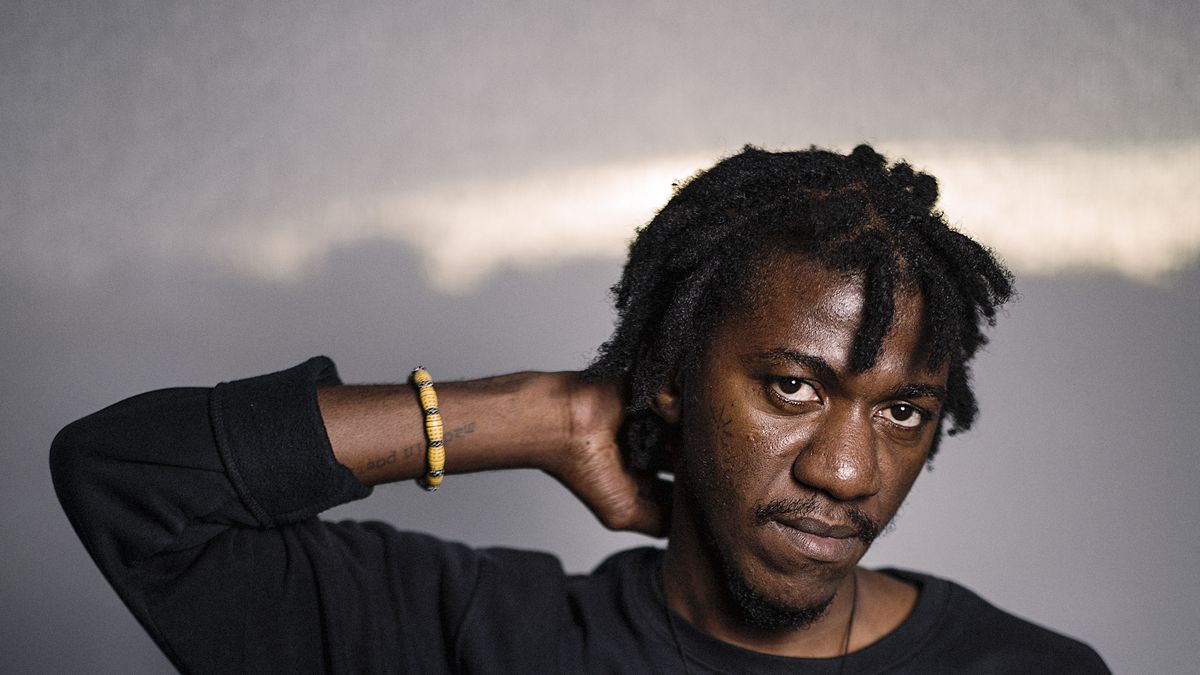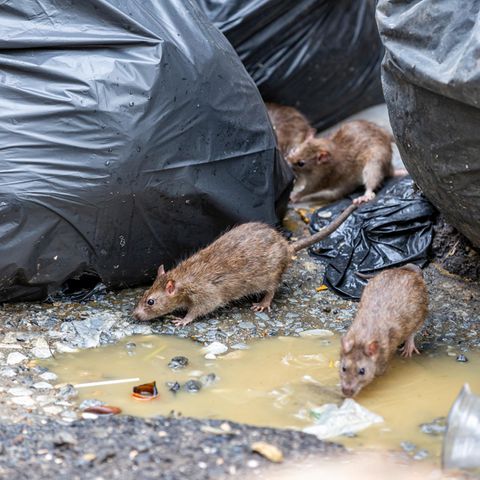“In France, there is a conviction that the people must know the great classical works and they support the national theatres, which stage classical and contemporary works, with significant financial means from the State. Everywhere in the world, we must fight for public funding for culture,” says Philippe Ariagnocultural attaché who visits our country and carries out the initiative “Caribbean inks”.
This cycle has been taking place since last Tuesday and will continue until Saturday, and is dedicated to contemporary Caribbean dramaturgies. It also opens up a space for playwrights from the Caribbean to see their works staged in the form of dramatized readings in Spanish by Argentines. Plays will be shown at the Teatro Nacional Cervantes, the Teatro Argentino in La Plata and the Alianza Francesa in Buenos Aires.
The cycle is held in collaboration with the Festival des Francophonies de Limoges, with free admission. All information is available on the website ifargentine.com.ar. We spoke with Philippe Ariagnocultural attaché who carries out this initiative.
Journalist: What can you say about local drama and its intersection with French and Caribbean drama? We don’t see much Caribbean theatre, what are its themes?
Philippe Ariagno: This Caribbean focus is a great echo of the Tintas fresca project, which consists of translating Francophone works into Spanish with several publications. We don’t see much Caribbean theatre, it’s new, it has a greater influence from Caribbean literature through romances and it’s starting to have some visibility with translated works. It’s a little-known dramaturgy, that’s why we do these events, to bring it to light. They are young authors, for example, there is a very strong text with the poetic word of someone who writes from prison to his lover, while there is a revolt against corruption, hunger and everything that touches Haiti. These are recurring political and social themes. There is another script that addresses the law of incest and family secrets, whether one escapes or manages to get out of that secret. “Ciclón” deals with this devastating phenomenon and there are the exchanges between the two supposed sisters, who can destroy each other. There appears the relationship with nature when everything can be disastrous. There is another work on drug trafficking, from French Guiana, that is, these are intimate and at the same time universal themes, and the setting is in authoritarian political regimes that can occur in South America. This Caribbean literature has something of the magical realism of García Márquez.
Q: There is a lot of French theatre on our schedule and new playwrights who follow the line of comedy, what did they inherit from the French classics?
PA: In France and around the world, the classics of Moliere and Racine are always a reference point, and there are many theatre directors who transform the classics into a more contemporary vision that reflects current events. Current themes in French life are revisited and the same themes still resonate. There are new generations of playwrights who, like Moliere, use humour to talk about politics or society.
Q: What are the problems with moving from drama to the stage?
PA: Staging a text is a great challenge, especially in the Caribbean, where it is a text from countries that are not yet very well known in France. Poetic, literary or theatrical texts must be recontextualized, which is complicated. The exchange between author and director from their different contexts is good, the discussions that arise facilitate the staging of these texts with the vision and complicity of the actors.
Q: How do you see local independent theatre? What is it like in France?
PA: In France there is a circuit that is still well supported and subsidised by the French Government, it is the public theatre, which is not so independent because it receives public subsidies but without pressure on what to put on or say. That still continues and there is money to work with. It is difficult for the independent circuit to put on a play with limited means, which however has nothing to do with the brilliant level that exists here, with really very good directors and choreographers. Independent theatre is concentrated in Buenos Aires and little in the rest of the country, just as in France there is a lot in Paris but there is also a lot in other provinces, even in the Alps.
Q: How do you see the culture in Argentina and France?
PA: In any country in the world, including France, we must always fight to achieve a level of public funding for culture, which are very important objectives in a society. We were lucky to have great officials who provided a lot of funding, culture is the best way from man to man, from a human side. There is an imbalance between France and Argentina, the same as between Europe and South America, with financial support where the French model is still exemplary but it is based on fighting and trying to sustain it. In the last ten years, this funding has stabilized and with inflation not as high as Argentina, costs have risen and artistic margins have decreased. However, luckily, the level is still acceptable.
Source: Ambito
I am an author and journalist who has worked in the entertainment industry for over a decade. I currently work as a news editor at a major news website, and my focus is on covering the latest trends in entertainment. I also write occasional pieces for other outlets, and have authored two books about the entertainment industry.




